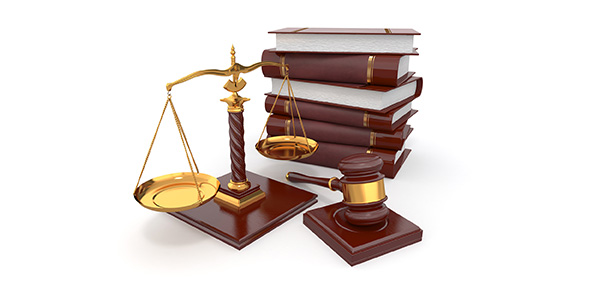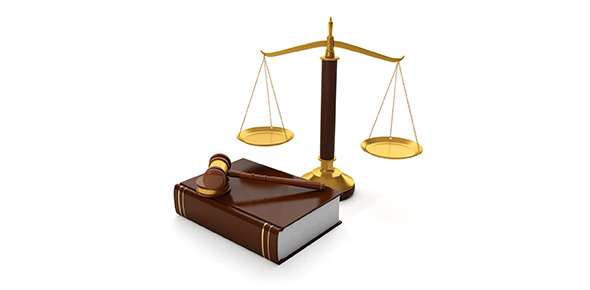Related Flashcards
Related Topics
Cards In This Set
| Front | Back |
|
What are the four key themes of criminal justice?
|
|
|
What is discretion?
|
|
|
A system in Europe that doesn't use discretion is....
|
Principle of Legality
|
|
What is the difference between factual and legal guilt?
|
Factual guilt is whether or not someone actually committed a crime and legal guilt is whether or not they can provide enough evidence to prove that they actually committed the crime.
|
|
What is civil law?
|
|
|
What is criminal law?
|
|
|
What are the percents of reasonable doubt for civil and criminal law?
|
Civil Law - 50%
Criminal Law - 90% |
|
Why can a person be tried in both criminal and civil courts for the same crime?
|
|
|
Federalism
|
|
What are the sources of law?
|
Constitutions, case law, and statutes
|
|
What are the traditional goals of "doing justice"?
|
|
|
What must the law balance when it comes to moral dilemmas?
|
Utility and values (can't say non liquet - It's not clear because the state has a duty to solve these problems)
|
|
What is a legal system
|
|
|
What are the two approaches to crime and how are they different?
|
Reaction -
|
|
What are the thirteen stages of Decision Making?
|
|






